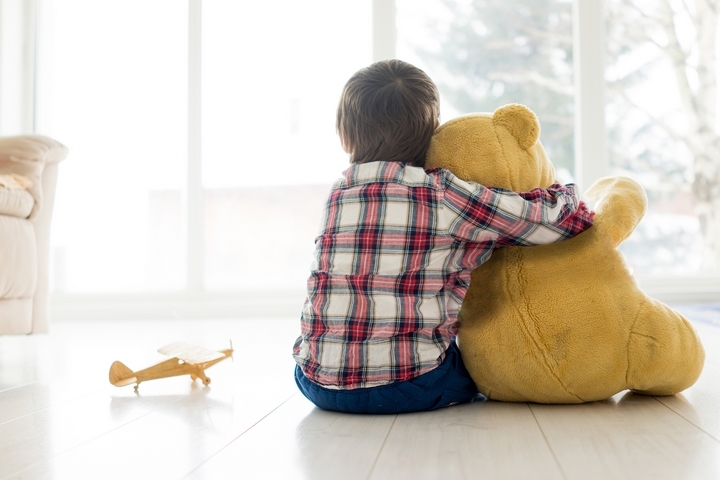
At what age do you think it is appropriate to leave your child at home alone? For how long? What should be the reasoning behind this decision? Kids are a lot more precocious than they were generations ago.
You should never leave a four-year-old all by him or herself in the house for an hour or two. However, once your son or daughter reaches 12, 13, or 14, you can begin to consider leaving your kid home alone for a couple of hours during the day. Indeed, a lot of parents have a great deal of consternation about even keeping a 16-year-old at home without any supervision. But a child can never learn autonomy if he or she is given a chance to be independent.
If you are thinking about leaving a child home alone for a certain period, you should implement a few guidelines to maximise security and peace of mind. Unsure what to do? Here are nine guidelines for leaving a child home alone:
Guideline #1: Lock All the Doors
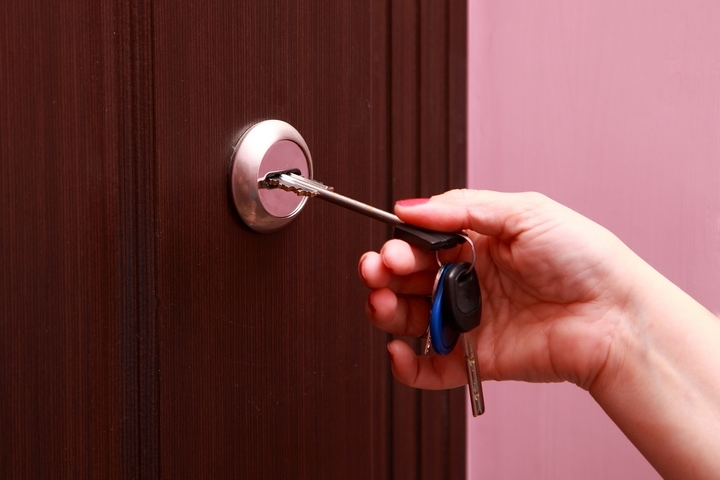
Because you do not want your child to leave home or to invite anybody in, you should lock all the doors. The front door, the backyard sliding door, the garage door, and any other way to enter the home – they should all be locked. If you need extra security, consider complementing the locks with a sturdy home alarm system in your house.
Guideline #2: Turn the Lights On

Even if you are gone for a couple of hours during the day, you can have some peace of mind by turning a few lights on at home. This informs anybody outside that someone is home.
Guideline #3: Have Your Phone On

In case of an emergency or the child feels insecure being home alone, he or she will give you a phone call. It is always important to have your phone on. It does not matter what the circumstances are, if your phone rings and it is your kid, you need to answer it immediately.
Guideline #4: Impose Rules for the House
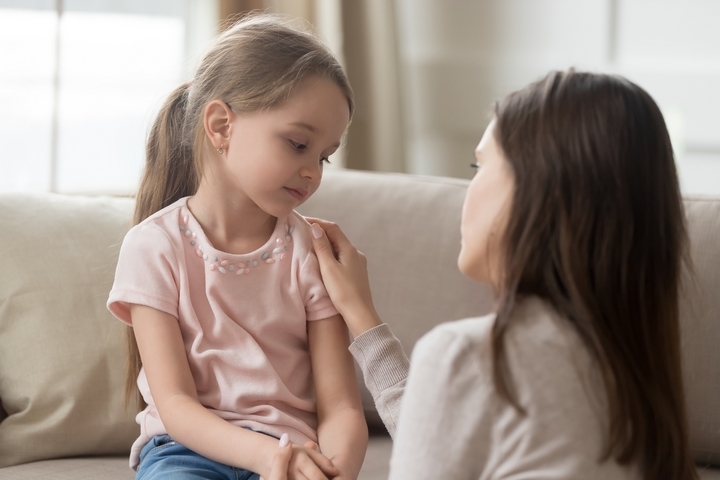
Every household should have some ground rules for when you are away. It is important that your kid knows and understands these rules. So, what kind of regulations should you incorporate into the home:
Here are some general guidelines for leaving a child home alone:
- Never open the door for strangers.
- Only answer the phone if it is mommy or daddy (caller ID).
- Off-limits list rooms.
- Name the friend or friends who are welcomed when you are away.
- Do not tell anyone that the child is alone.
- General TV, Internet, and computer time and rules.
- Kitchen and cooking rules, which vary based on the maturity of your kid.
Guideline #5: Leave Food for Your Kid
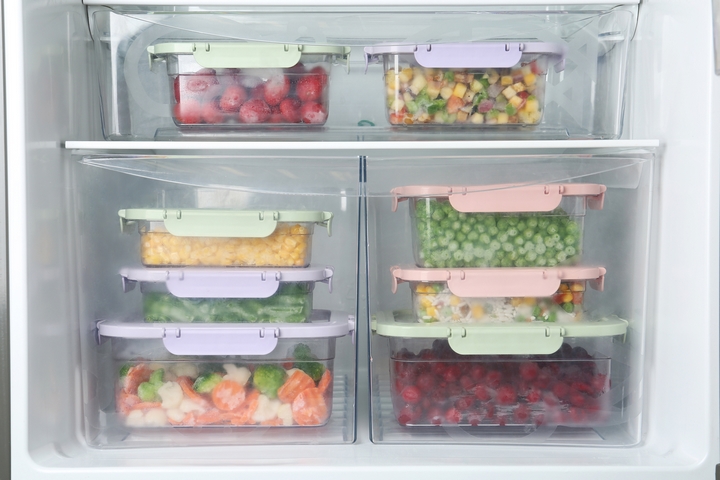
How stocked up is your home? When you have a kid, it always needs to be filled with goodies, from fresh fruit to snacks to a well-prepared meal. This is especially true when you are leaving a kid home alone for a couple of hours.
You want your child to feel confident during this time, which is done through a routine. You can always create a schedule and make sure that your son or daughter follows the schedule. These guidelines could be something along the lines of a noon lunch, a 1:15 p.m. snack, and a 1:45 cleanup.
Guideline #6: Check-in a Couple of Times

While you should refrain from calling home every ten minutes, you should check in once or twice during the time you are away. Checking in is a good guideline for leaving a child home alone. You indeed want your kid to be autonomous and confident, checking in can reassure you. Who knows? Maybe your child feels a bit more secure knowing that you are only a phone call away.
Guideline #7: Childproof Your Home

Childproofing your humble abode is a lot easier said than done. There is always something the kids can get into without even trying – that is the nature of kids! That said, you should not concede defeat as there are plenty of things you can do.
Here are just some ideas:
- Remove or hide alcohol and drugs.
- Secure anything that could be a health risk.
- Shut doors that may have cleaning products inside.
- Clean up any mess that may trip the child.
- Put away keys that could be used to open specific doors.
Childproofing your home should be done even without leaving your child home alone. Every boy or girl can get into everything.
Guideline #8: Get A Pet
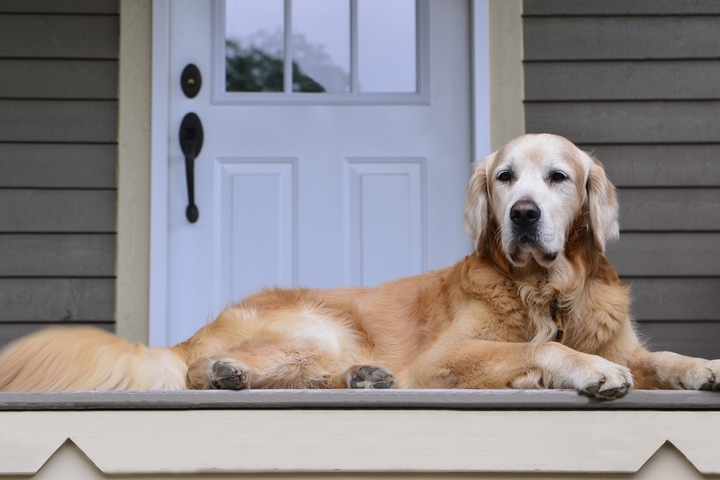
Dogs, cats, birds, or fish – pets can serve as great comforts for any child who is home alone. The research has found that kids can feel safe when a pet is around, even something as small as a hamster or a mouse. So, if you don’t already have one, think about bringing a pet into your home.
Guideline #9: Perform a Practice Run

In the end, if this is something you plan on regularly doing, whether it is once a week or once a month, it would be a good idea to perform a test run. This could consist of just going for a walk around the block or going to a neighbour’s house for a few minutes. By allowing your child to practice being around, you can get them ready for future alone time.
Indeed, every child is different. No kid is born with an instruction manual, though life would be a lot easier for parents if this were the case. Some children may be ready to be alone at a younger age, while other kids may need more time to be home alone. The guidelines for leaving a child home alone differ between every child. If you think your son or daughter is responsible, can understand and follow the rules, and use good judgment, then you and your child can be confident during these times.
